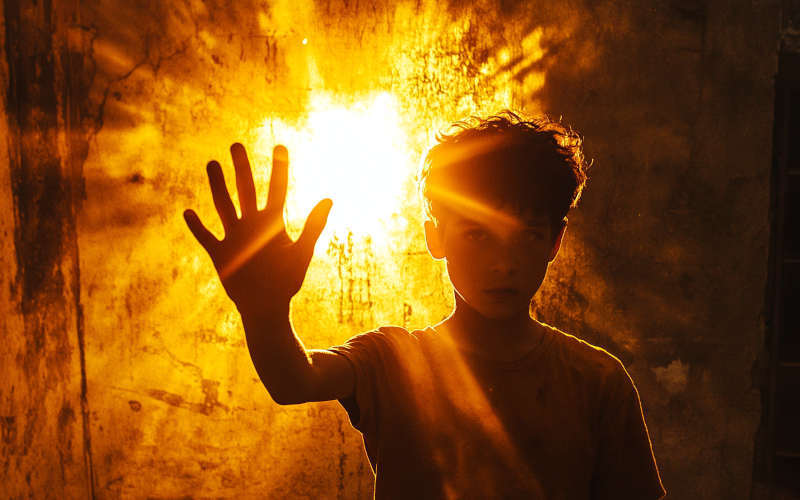The Darwin Delusion

In 2009, the world celebrated two significant anniversaries: the 200th birthday of Charles Darwin and the 150th anniversary of his seminal work, On the Origin of Species. For many, these milestones reaffirmed the theory of evolution as a cornerstone of modern science. Yet, for others, they raised questions about the validity of Darwin’s ideas. This article invites you to consider a different perspective—one that challenges the foundational claims of evolution and highlights the compelling case for creation.
Darwin’s Legacy: Reverence and Rebuttal
First, it’s essential to acknowledge Darwin’s brilliance. His contributions to natural science were groundbreaking, and his meticulous observations continue to influence biology. However, like all scientific theories, Darwinism is not immune to scrutiny. From its inception, Darwin’s ideas were contentious, provoking debate among scientists, theologians, and the public alike.
At the heart of this debate lies the question: Is it creation or evolution? Despite efforts to reconcile these worldviews, their foundational premises remain incompatible. Creation presupposes a Creator, a deliberate and purposeful act. Evolution, in contrast, is framed as a random, purposeless process driven by chance and natural selection.
The Flaws in Darwin’s Theory
Darwin proposed natural selection as the mechanism driving evolution, often summarized as “survival of the fittest.” While this idea might explain minor variations within species, it struggles to account for the emergence of entirely new species. Even Darwin himself recognized the limitations of his theory, noting that his ideas relied on assumptions about natural variation that lacked robust evidence.
Later, the discovery of genetics introduced mutations as a possible explanation for evolutionary change. The theory evolved into what is now known as Neo-Darwinism: the idea that random genetic mutations, acted upon by natural selection, accumulate over time to produce new species. Yet, this framework faces significant challenges:
- The Nature of Mutations
Observed mutations are overwhelmingly harmful or neutral. Beneficial mutations are exceedingly rare, casting doubt on the feasibility of building complex organisms through this process. - The Fossil Record
Darwin acknowledged the absence of transitional forms in the fossil record—a gap that persists today. Despite extensive research, “missing links” remain elusive, prompting the development of alternative theories like “punctuated equilibria,” which propose that evolutionary changes occurred too rapidly to leave fossil evidence. - Irreducible Complexity
Modern science has revealed systems in biology that are irreducibly complex. These systems, such as the bacterial flagellum, require all their components to function simultaneously. How could such intricate structures evolve step by step, as Darwinism proposes? Even Darwin admitted that if such complexity were demonstrated, his theory would "absolutely break down."
Challenging Evolution: Mathematical Improbabilities
The mathematical odds of life evolving through random processes are staggering. One scientist calculated that the probability of generating a single Shakespearean sonnet through random typing is 1 in 10690—a number so large it defies comprehension. To put it in perspective, there are only 1080 particles in the entire universe.
The improbability increases when considering the vast complexity of biological systems. For instance, transforming a single-celled organism like an amoeba into a multicellular organism such as a horse would require an astronomical number of beneficial mutations. Yet, as the renowned scientist Sir Gavin de Beer observed, the likelihood of this happening by chance alone is effectively zero.
Is Evolution Scientific?
Science advances by testing hypotheses through observation, experimentation, and prediction. Evolution, however, cannot be observed in action, as it allegedly occurs over millions of years. Nor can it be tested or replicated in a laboratory. Its proponents rely on indirect evidence, much of which is open to alternative interpretations. This raises the question: Is evolution truly scientific, or is it a philosophical framework masquerading as empirical science?
The Case for Creation
If evolution falters under scrutiny, what alternative remains? The Bible offers a simple yet profound explanation: “In the beginning, God created the heavens and the earth” (Genesis 1:1). Far from being at odds with science, this statement aligns with observable phenomena, such as the fine-tuning of the universe and the intricate design of biological systems.
The idea of creation is not confined to the opening chapters of Genesis. It permeates the entire Bible:
- Isaiah 45:12: “It is I who made the earth and created mankind on it.”
- Hebrews 11:3: “By faith we understand that the universe was formed at God’s command, so that what is seen was not made out of what was visible.”
- Mark 10:6: Jesus affirms, “At the beginning of creation God made them male and female.”
For Christians, the ultimate validation of creation lies in the teachings of Jesus Christ, who repeatedly endorsed the Genesis account.
Faith and Reason in Harmony
The debate between creation and evolution is more than an academic exercise; it shapes how we view the world and our place in it. While Darwinism offers a materialistic narrative, creation provides a framework imbued with purpose and hope.
We invite you to examine the evidence with an open mind and consider the possibility that the complexity and beauty of life point to a Creator. As the Psalmist declares: “The heavens declare the glory of God; the skies proclaim the work of his hands” (Psalm 19:1).
What do you believe: Are we the product of random chance, or the masterpiece of an intelligent Creator?


